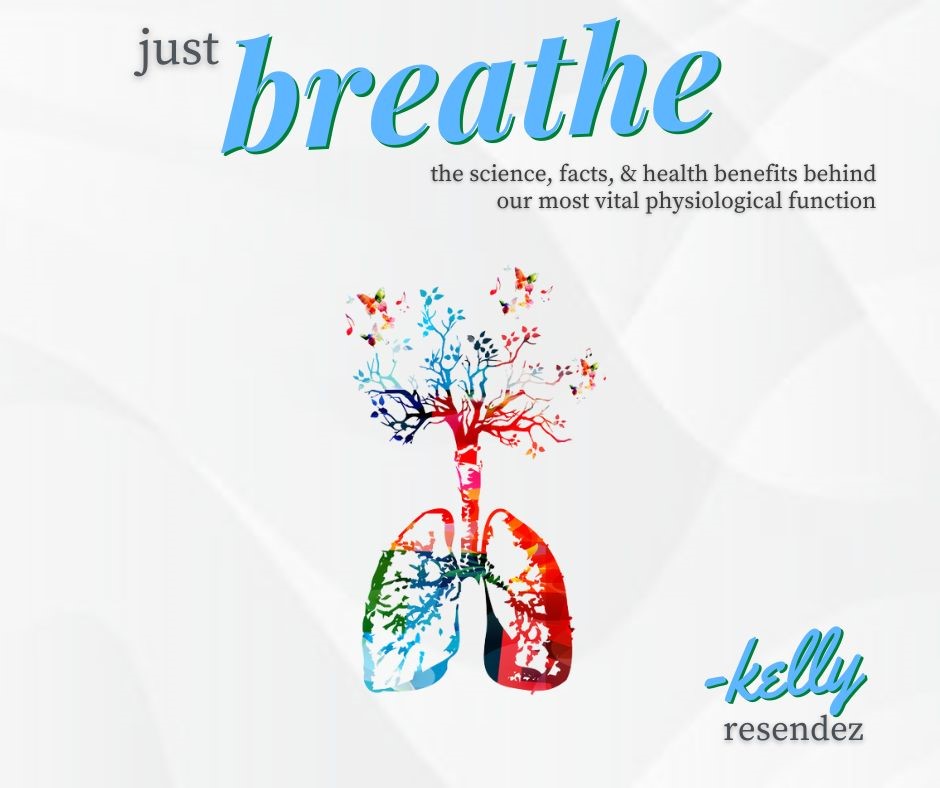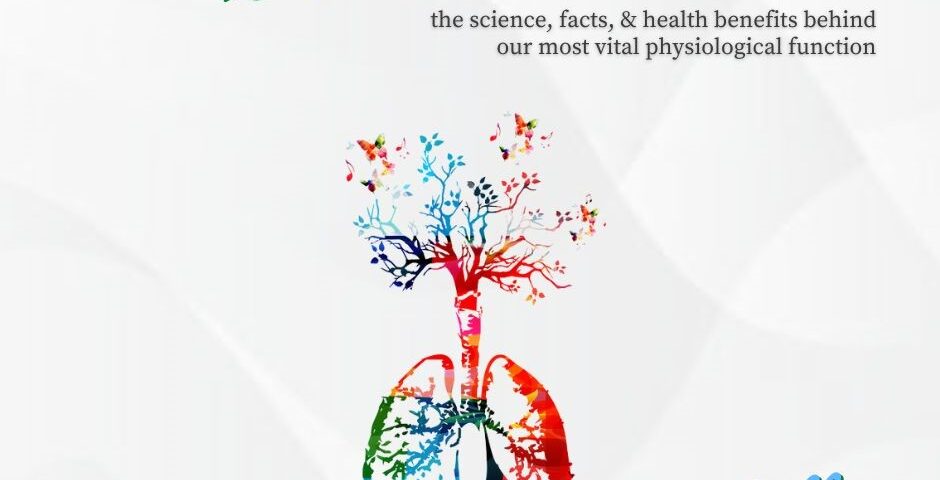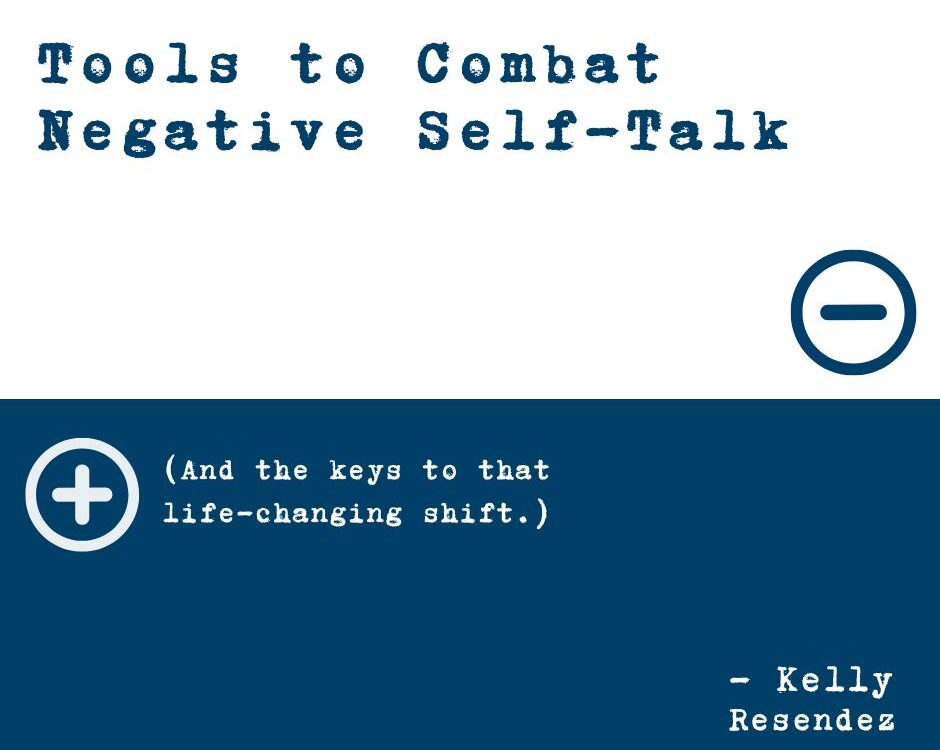
The power of thoughts to shape our reality: How self-talk manifests in our lives.
August 26, 2022
Examining the cultural shift in mental health awareness.
October 12, 2022Just Breathe: The science, facts, and health benefits behind our most vital physiological function.

As human beings, we have one predominant biological imperative: to keep breathing. Our next breath is always our most important.
In fact, we can go about 21 days without food and three days without water, but after only about three minutes without oxygen, our brains and organs start to shut down.
The ability to inhale and exhale defines the very spark of existence, so much so that the average person breathes in and out anywhere from 17,000 to 22,000 times per day. And yet all breathing is not deemed the same as you’ll read below. We can even improve our health, happiness, and quality of life just by focusing on our breathing.
First, let’s attempt to do the impossible: condense thousands of pages of medical research about human respiration into just a few paragraphs.
In particular, let’s talk about deep breathing.
Taking full, measured breaths triggers the vagus nerve system, named after the vagus nerve that runs from brain stem to abdomen, the longest nerve in your autonomic nervous system. The vagus nerve is also the largest part of your parasympathetic nervous system, which regulates the body’s rest, digestion, and other activities.
Triggering the vagus nerve and parasympathetic nervous system through deep breathing allows our diaphragm to become engaged, softens our abdomen, slows down our heart rate, and relaxes our muscles. We start to feel better, enter a state of calm, and even think more rationally.
This is important because that process essentially takes us out of fight or flight mode, a condition where our sympathetic nervous system is overactivated as a primal survival mechanism.
The problem arises when our sympathetic nervous system is triggered often and for prolonged periods, as is frequently the case with over-stimulated modern humans. That too-common state of fight or flight brings rapid, shallow breathing, elevated heart rate, irritability, higher blood pressure, anxiety, and tension in our bodies and muscles.
Our nervous system connects every tissue of our body, so when it’s overactivated, we suffer from acute stress. And stress impacts just about every aspect of our health, exacerbating any existing medical condition and fostering disease.
In fact, studies show that about 60-80% of all primary care doctor visits are related to stress or its side effects (and yet only 3% of patients ever receive stress management care).
So, simply by breathing deeply (correctly and with consistent practice), we can counteract the sympathetic nervous system, putting our bodies into a better state of health and higher function.
Did I lose you with all of that science-speak?
Well, to give you a few tangible examples, here are some of the health benefits of deep breathing:
- Reduces blood pressure.
Studies prove that even a single session of deep breathing can significantly reduce blood pressure.
- Improves mental health.
Psychologists have discovered that deep, meditative breathing can help fight depression, anxiety, and embolden our mental health.
- Lowers stress levels.
When anxious or stressed, our brains release cortisol – the “stress hormone.” But when taking deep breaths, we release endorphins, also known as “feel good” chemicals, counteracting and easing the release of cortisol.
- Pain relief.
I mentioned above that deep breathing signals the brain to release endorphins. Well, those same endorphins also facilitate the reduction of pain throughout the body.
- Detoxifies the body.
Deep breathing stimulates our lymphatic system, which is useful in detoxifying the body. In fact, 70% of your body’s process of cleansing toxins is through breathing. (More on that later.)
- Improves immune function.
When we breathe deeply and correctly, our blood becomes fully oxygenated, ensuring that vital nutrients and vitamins are absorbed efficiently, strengthening the immune system.
- Boosts energy.
When our blood is enriched with oxygen, the systems and organs in our body can function optimally. Therefore, deep breathing helps improve energy levels as well as stamina.
- Lowers blood pressure.
When you take a big breath, oxygen reaches your muscles, allowing them to relax and dilating your blood vessels. That also increases circulation, slows and regulates your heart rate, and lowers blood pressure.
- Aids digestion.
Proper breathing also improves your digestive function, as healthier blood flow allows your stomach and intestines to operate efficiently.
- Deep breathing even improves posture!
When you take a full breath, your spine automatically lengthens and straightens, pulling down your diaphragm down and allowing your lungs to expand fully. Yes, your posture also Improves with deep breathing!
Now that you understand some of the many health benefits of proper respiration, let’s look at a few interesting facts about breathing.
- Our lungs contain about 300 to 500 million alveoli (air sacs) and almost 1,500 miles of airways! If spread out, the surface area of your lungs would cover about half of a tennis court.
- The way we breathe affects the emotions we experience. Research shows that not only can our emotions – such as fear, anger, comfort, joy, etc. – alter our breathing patterns, but the corollary is true: by changing our breathing patterns, we can put ourselves in different emotional states.
- The air we inhale contains about 21% oxygen and 79% nitrogen. But the air we exhale has only 16% oxygen, 5% carbon dioxide, and still 79% nitrogen. So, basically, our lungs swap about 5% oxygen for carbon dioxide with every breath.
- When you exercise and get in shape, how does your body actually shed pounds? Most people think it’s through sweating, but that’s not the case, as we do (and should) rehydrate.
Instead, we lose weight through breathing, as excess poundage is converted into carbon dioxide (through a complex biochemical process) and expelled from the lungs. So, when you break down a fat molecule (through exercise or calorie burn), about 84% of those atoms are exhaled as carbon dioxide, with the remaining 16% converted into water.
- An athlete who trains at it can hold their breath for 1-2 minutes. But practicing controlled breathing can vastly improve our lung capacity, such as the case with free divers. In 2010, a Danish free diver named Stig Severinsen set the World Record by holding his breath for a full 22 minutes! That’s not a typo!
- Did you know that your left and right lungs aren’t identical? In fact, the lung on your left side is segmented into two lobes, while your right lung is divided into three. Your left lung is also somewhat smaller, allowing space for your heart.
- The air at higher altitudes contains fewer oxygen molecules, as well as being colder and less dense (lower atmospheric pressure). So, the higher up you go, the harder it is to get normal levels of oxygen and the more breaths you must take.
- Acute Mountain Sickness occurs on average at only 8,000 feet above sea level, but it can be countered with a period of acclimation at progressively higher elevations.
- If you fly often, you may be surprised to hear that standard air pressure in an airplane cabin is equivalent to the air at 5,000 to 8,000 feet above sea level!
The good news is that anyone can make a positive impact on their mood, health, and quality of life just by focusing on their breathing every day.
In an upcoming blog I’ll be sure to share some helpful tools and tips to help you breathe deeper…and change your life!




